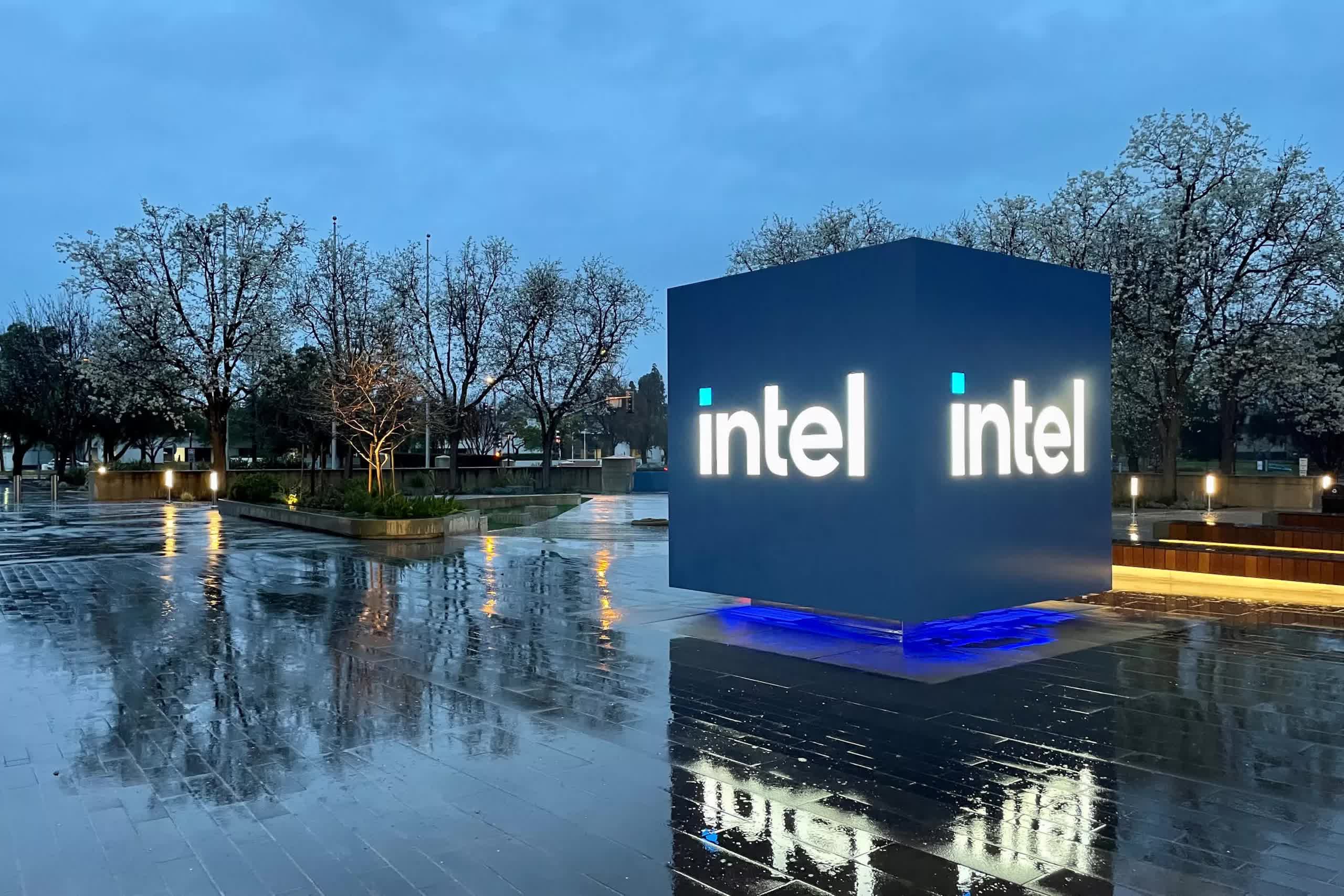In brief: Desperate times call for desperate measures at Intel. The once-dominant chipmaker is putting everything on the table as it scrambles to regain its footing in the AI era. According to sources familiar with the company's plans, CEO Pat Gelsinger and other top executives are preparing an ambitious proposal to streamline Intel's operations. This strategy, set to be presented to the board later this month, could see the company shedding entire business units and slashing capital expenditures.

Intel's programmable chip division Altera, which it acquired for $16.7 billion in 2015, is reportedly among the assets that may be put up for sale. The harsh reality is that Intel can no longer justify bankrolling underperforming subsidiaries with its dwindling profits.
For a quick recap, the company performed poorly during the April to June quarter, reporting a $1.6 billion net loss following which its shares fell more than 26 percent. In fact, the writing has been on the wall for a while now. Intel was already stumbling when Pat Gelsinger was appointed CEO back in 2021. But the real downturn began with April's announcement when the company revealed a whopping $7 billion in losses in 2023.

The situation is looking bad, though the sources indicated that the proposal would stop short of calling for the nuclear option of a complete breakup or sale of the company's foundry operations to rivals such as TSMC.
That said, major spending cuts still loom on the horizon for Intel's manufacturing ambitions. The report says the company's $32 billion German factory, which is already facing delays, could be outright canceled as part of the cash preservation push. In the last earnings release, Team Blue announced plans to reduce 2025 capital expenditures by 17% to $21.5 billion.
The driving force behind this looming overhaul is Intel's struggle to keep pace with nimbler competitors like Nvidia in the white-hot AI and advanced computing markets. Nvidia's market cap is touching $3 trillion, behind only Apple and Microsoft, while Intel currently sits at around $95 billion.
Intel had taken some pre-emptive steps, separating its design and foundry businesses into distinct units. But bigger moves may be needed to right the ship, hence the upcoming board meeting over the company's future direction. Wall Street heavyweights like Morgan Stanley and Goldman Sachs are also being tapped to advise on potential divestitures, according to the report.
Struggling Intel is considering selling divisions and slashing expenditures